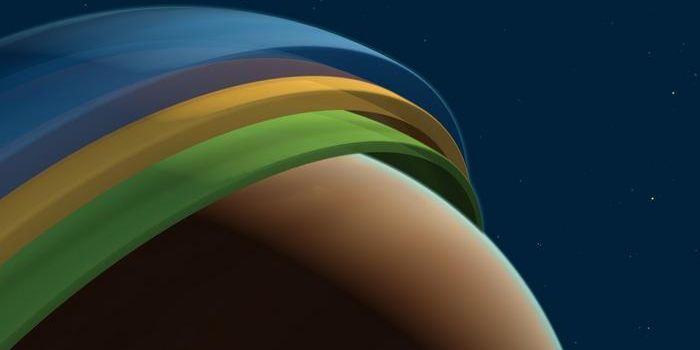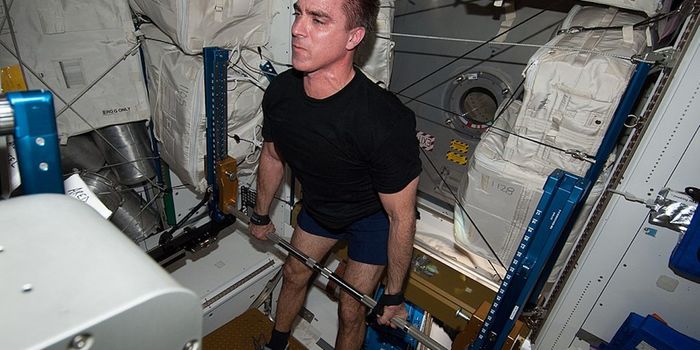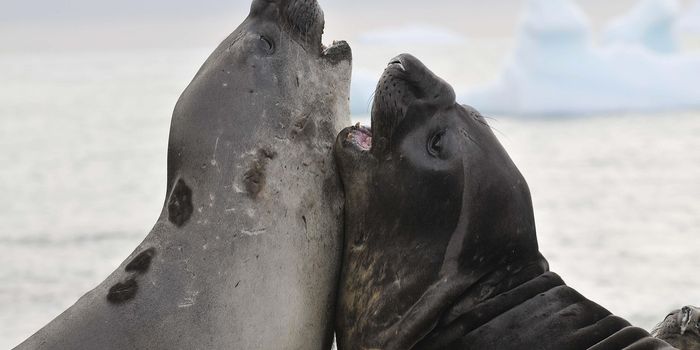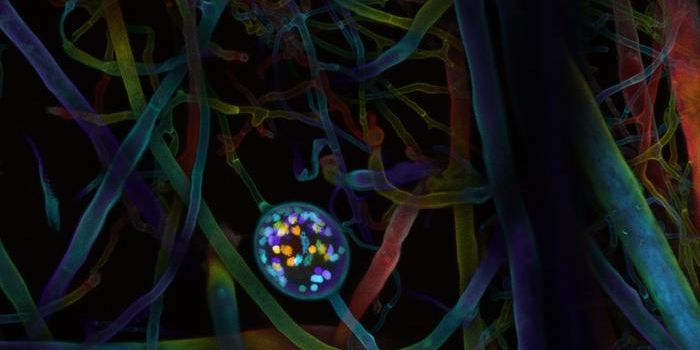Dotson Ice Shelf: A Key Player in Future Sea Level Rise
Can scientists predict future sea level rise based on today’s evidence? This is what a recent study published in Science Advances hopes to address as a team of international researchers investigated ocean melts on the underside of the Dotson Ice Shelf in West Antarctica to determine if underwater currents are driving the melting of glaciers, which leads to increased seal level rise. This study holds the potential to help researchers, climate scientists, and the public better understand the processes responsible for sea level rise and how climate change could be contributing to these processes, as well.
For the study, the researchers deployed a robotic drone underneath the Dotson Ice Shelf, which is approximately 1,150 feet (350 meters) thick, to travel back and forth to obtain high-resolution sonar images of the underside of the ice sheet over a 27-day period where it traveled more than 621 miles (1,000 kilometers). In the end, they made both expected and unexpected findings. For example, the expected findings included strong underwater currents causing increased melting of the glacier and increased melt levels at vertical fractures. However, they were surprised to find the underside was very uneven, almost mirroring sand dunes, which they currently hypothesize could be caused by the Earth’s rotation influencing water flow underneath the glacier.
“These ice shelves are already floating on the sea, so their melting doesn’t directly affect sea level,” said Dr. Karen Heywood, who is a Professor of Physical Oceanography at the University of East Anglia and a co-author on the study. “However ultimately the melting of ice shelves causes the glaciers on land further upstream to flow faster and destabilize, which does lead to sea level rise, so these new observations will help the community of ice modelers to reduce the large uncertainties in future sea level.”
While the research was conducted in early 2022, the researchers returned in January 2024 to conduct follow-up research, but unfortunately lost the drone underneath the ice.
What new connections between underwater ice melts and rising sea levels will researchers make in the coming years and decades? Only time will tell, and this is why we science!
As always, keep doing science & keep looking up!
Sources: Science Advances, Wikipedia, EurekAlert!








